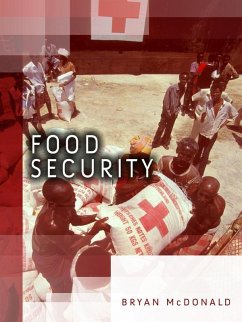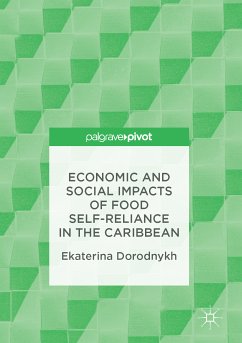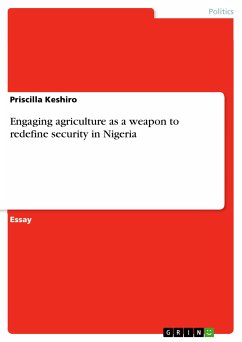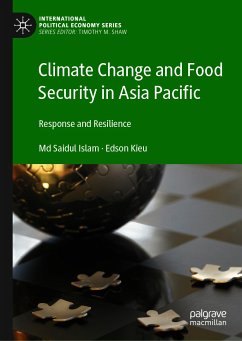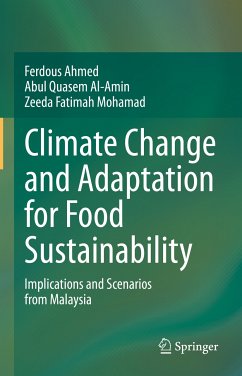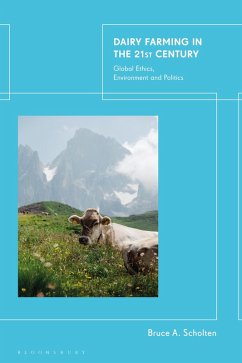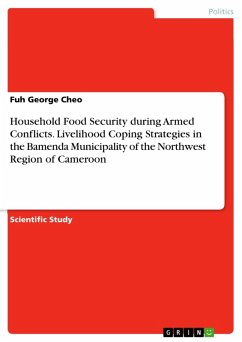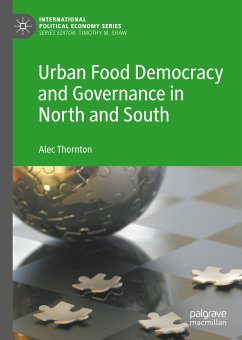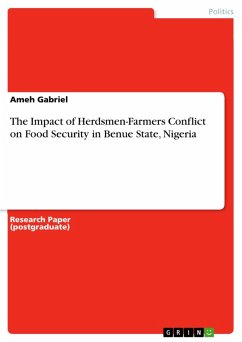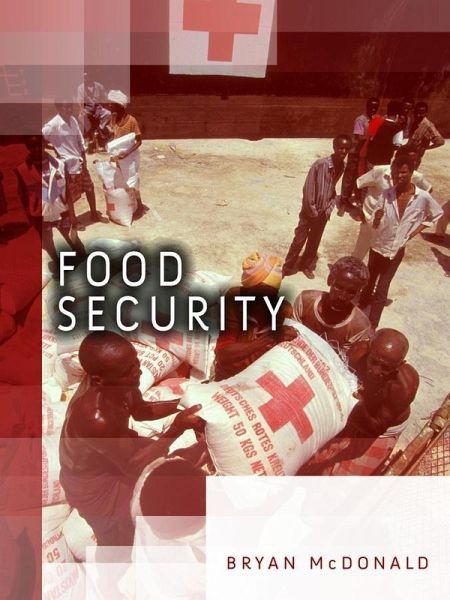
Food Security (eBook, PDF)
Versandkostenfrei!
Sofort per Download lieferbar
17,99 €
inkl. MwSt.
Weitere Ausgaben:

PAYBACK Punkte
0 °P sammeln!
Throughout history, human societies have struggled to ensure that all people have access to sufficient food to lead active and healthy lives. Despite great global effort, events of the early 21st century clearly demonstrate that food remains a pressing challenge which has significant implications for security. In this book, Bryan McDonald explores how processes of globalization and global change have reshaped food systems in ways that have significant impacts for the national security of states and the human of communities and individuals. Over the past few decades, local, regional, and nation...
Throughout history, human societies have struggled to ensure that all people have access to sufficient food to lead active and healthy lives. Despite great global effort, events of the early 21st century clearly demonstrate that food remains a pressing challenge which has significant implications for security. In this book, Bryan McDonald explores how processes of globalization and global change have reshaped food systems in ways that have significant impacts for the national security of states and the human of communities and individuals. Over the past few decades, local, regional, and national food systems have increasingly become intertwined in an emerging global food network. This complex web of relations includes the production, harvest, processing, transport, and consumption of food. While this global food network provides new opportunities for improving health and well-being, it also gives rise to new sources of security threats and vulnerabilities. This detailed and comprehensive introduction to the major issues impacting global food security will be essential reading for students and scholars in security studies, international politics, and environmental studies.
Dieser Download kann aus rechtlichen Gründen nur mit Rechnungsadresse in D ausgeliefert werden.



